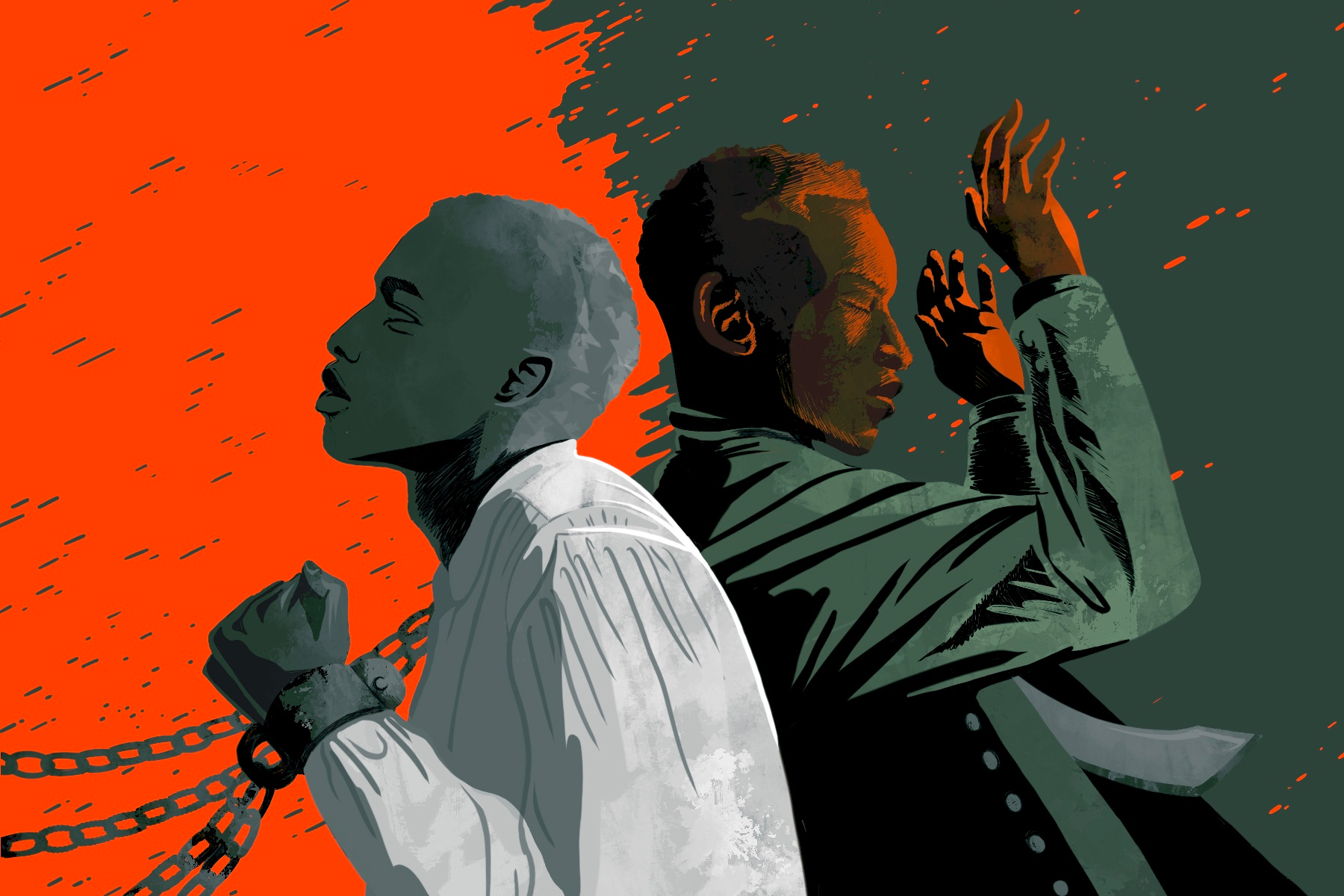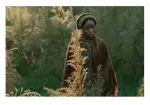It is inevitable that any system such as slavery will leave a mark on a race of people. Yet, how long would that mark be expected to last? Dr. Joy DeGruy is a well-known researcher and educator in the field of social work and higher education, and much of her work focuses on the lasting effects of slavery and how they show up in the Black community today. She is well known for her theory of Post Traumatic Slave Syndrome and her accompanying book on the topic.
What Is Post Traumatic Slave Syndrome?
Post Traumatic Slave Syndrome (PTSS), as described by DeGruy, is a theory that examines the multigenerational trauma faced by Black Americans. The multigenerational aspect of PTSS is what makes trauma within the Black community so unique — some form of trauma has been inflicted on the Black community since the inception of racial slavery. With different forms of trauma piling on top of one another with no chance to process it in between, it is expected that Black Americans would develop tendencies to adapt and process past traumas that no longer benefit the community.
To describe this concept, DeGruy gives the example of two parents discussing their children. She sets a scene in which a white mother showers compliments on a Black mother’s son. Rather than show pride in her son’s accomplishments or say thank you, the Black mother criticizes her son and belittles his success. Yet within the Black community, most are still able to recognize that the mother is proud of her son.
This wrinkle in translation is better understood if the situation is taken back two hundred years and played out on a plantation — suddenly, the Black mother’s denigration of her son in the face of compliments from a white person becomes a matter of keeping her son from being taken from her and sold. In the present, the child does not understand this and only sees that his mother does not show any pride in his accomplishments; he is thus hurt by this cycle before he is able to understand it fully.
DeGruy mentions another example in her discussion with the California Institute of Integral Studies. In this example, she examines the history of beatings within the Black community and how they are reframed when looked at through the lens of slavery. Corporal punishment is not something that prior generations in the Black community have shied away from. This is clear from the fact that many younger generations of Black people have at least heard stories of their parents or grandparents being told to “get a switch” from a tree in preparation for a beating.
DeGruy argues that the switch, which was normally a small branch taken off of a tree, is a whip. When this is acknowledged, the concept of the beating is entirely reframed. Now, the child is no longer beaten for simply acting out, but now, it is a means of protection: Their behavior must be modified before it is done in the presence of a white person who may decide to kill them for it. The story of Emmet Till comes to mind as an example of a Black person being forced to pay for a white person’s cruel imagination and judgment. Thus, the Black parent beating their child to punish a certain behavior is another example of keeping their children safe.
Epigenetics and PTSS
Within her research, DeGruy cites studies done on epigenetics to reinforce the concept of Post Traumatic Slave Syndrome. In her conversation with the California Institute of Integral Studies, she mentions a study in which mice are shocked at the same time a scent is released. Whenever the scent is released, the mice show agitation because they have been traumatized by the normally accompanying shock.
The children of the mice who have been traumatized also show signs of agitation whenever they detect the scent despite having never met the parent that was affected. The grandchildren of the original mice demonstrate the same anxiety. In relation to DeGruy’s studies, these experiments demonstrate that trauma is inheritable on some level. From this, Degruy gathers that the Black community must make a collective effort to heal in order to reduce the trauma that is passed to the next generation — or else the vicious cycle continues.
The Difference Between PTSS and PTSD
DeGruy argues that the crucial difference between her theory of PTSS and PTSD is that the latter has to do with the lasting effects of a single trauma. PTSS, on the other hand, examines the effects of the multiple traumas Black people have endured and how it affects the community. The multiplicity of these traumas stems from the history of chattel slavery, Jim Crow, police brutality and so much more. Adaptations to these traumas are embedded into the community and regarded as aspects of the culture, yet DeGruy implores people within the Black community to recognize these adaptations for what they are and heal in an effort to keep from passing them to the next generation.
What’s Next?
DeGruy describes her research as a starting point and a source of illumination for the deeply ingrained behaviors that exist within the Black community. Her research is productive in that it allows the Black community to see what is normally regarded as a part of the general culture as, in actuality, adaptations to generational trauma. To put her research into action, DeGruy states that making the information available and then acting on it is key. She notes that action can be seen in future generations of Black parents that behave differently than those who came before them when it comes to punishment, emotional attachment and other things of that nature — even something as simple as saying thank you when your child is complimented is a step toward breaking the cycle of trauma that persists within the community.

















